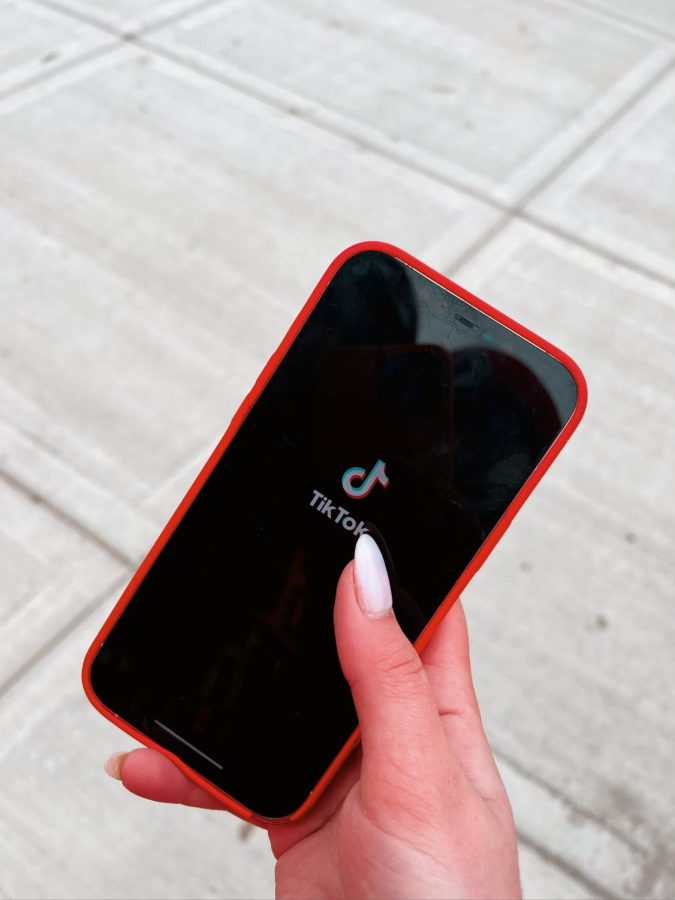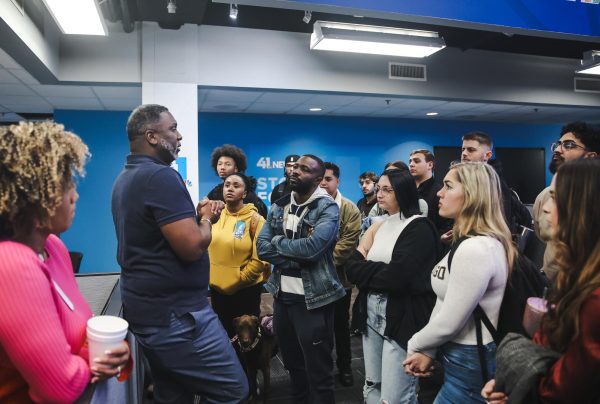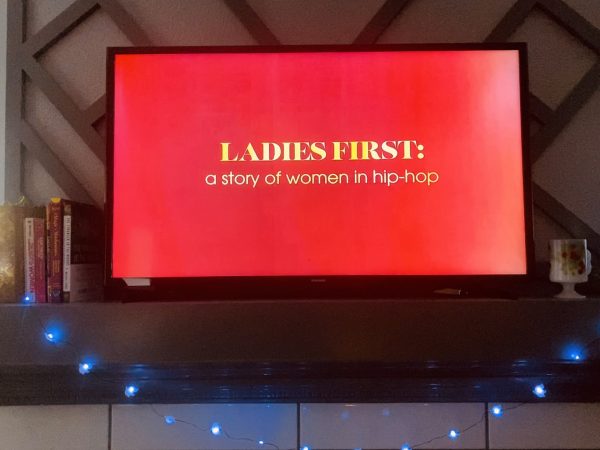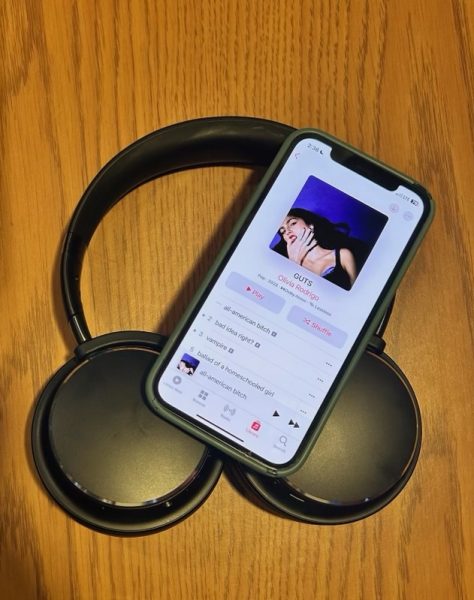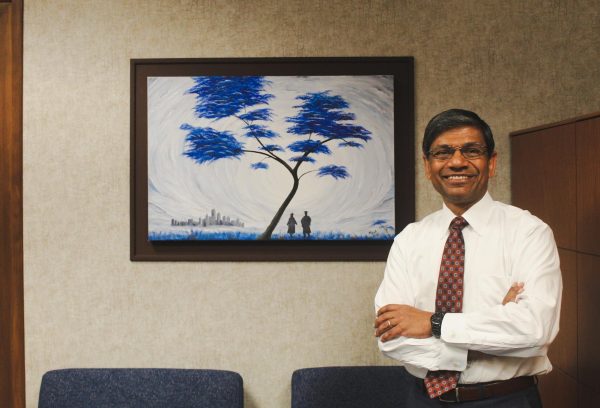Sen. Josh Hawley Aims for TikTok Ban on a National Level
Is this a new era of government control over social media?
The proposed bill would impact UMKC students who regularly use the app.
February 16, 2023
Missouri Senator Josh Hawley introduced a bill on Jan. 25 that would eliminate TikTok from all American devices.
This bill, aptly named the “No TikTok on United States Devices Act,” aims to protect American citizens from excessive data harvesting from ByteDance Limited, the company that owns TikTok. According to the bill, if the act is signed into law, it will “block and prohibit all transactions in all property and interests in property of a covered company.”
In 2020, Hawley introduced his first bill against TikTok on government devices. This bill passed unanimously. While in office, he has made many social media posts of his discussions in congress, tearing down the very thing he’s communicating through.
Dr. Greg Vonnahme, an associate professor and chair of the political science department, said Sen. Hawley has made a name for himself by taking a stand against “big tech” and how much user data it owns.
“Hawley’s interest or agenda that he staked out is particularly the protection of minors,” Vonnahme said.
There is no precedent on how much control the government has over social media in America. Many social media platforms used in the U.S. are based on our soil and do not face backlash for aggressive data harvesting.
“TikTok is always going to have a unique problem of being a Chinese company,” Vonnahme said.
For some students, like 22-year-old senior film and media major Seneca Whorton, who use the app regularly, the potential ban is jarring.
“I don’t post, but I find out a lot of information on there,” Whorton said. “It may seem like a useless app, but I use it.”
Whorton uses the app for a myriad of reasons, from a pick-me-up on a bad day to learning information about mental health advocacy.
“If it’s my specific illness, I’m like, ‘Yes. Finally, somebody gets it,’” Whorton said. “When somebody makes a video just dedicated to it, it’s like, ‘wow, there’s another person like me out there, I’m not alone.’”
Americans are free to post, scroll and have the app on their devices because this potential ban is still only a bill. Vonnahme encourages TikTok users like Whorton to keep an eye on updates involving the bill as regulations may develop.


